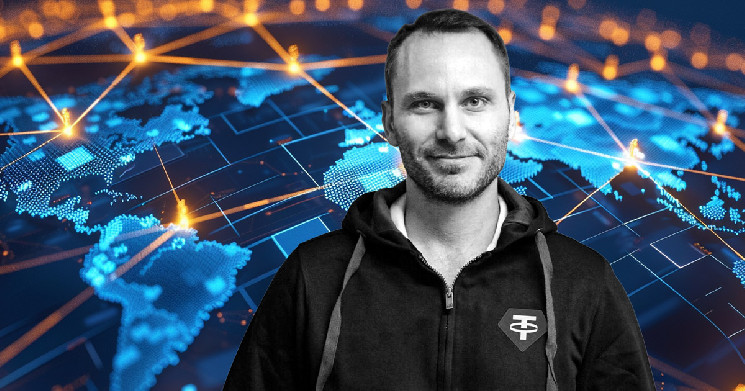Stablecoin issuer Tether CEO Paolo Ardoino has urged increased investment in decentralized peer-to-peer technologies after a global IT outage today, July 19.
Crypto reported that a significant technical issue with CrowdStrike’s centralized software led to a global outage affecting many sectors. This issue caused Windows computers to display the Blue Screen of Death (BSOD), disrupting services and businesses worldwide.
CrowdStrike’s CEO, George Kurtz, acknowledged the impact of this incident and explained that the problem “has been identified, isolated, and a fix has been deployed.” He added:
“This is not a security incident or cyberattack. The issue has been identified, isolated and a fix has been deployed. We refer customers to the support portal for the latest updates and will continue to provide complete and continuous updates on our website. We further recommend organizations ensure they’re communicating with CrowdStrike representatives through official channels.”
‘Peer-to-peer tech’
However, Ardoino suggested that this incident could have been avoided with more investment in peer-to-peer technologies.
He noted that the internet today is heavily centralized around the services of three companies, and any issues within these companies’ infrastructure can significantly impact entire nations, cities, communities, and businesses.
He stated:
“Concentration and centralization are creating a very fragile world, where almost all the technology we have developed until today, can work only in the best case scenario, and will fail at the first sign of change in the social/environmental ecosystem.”
So, Ardoino highlighted that Tether and Holepunch, a platform designed to create apps without centralized data storage, are building technologies resilient enough to survive an apocalypse. Tether is a major investor in this technology.
Ardoino’s view mirrors the sentiment shared by many crypto stakeholders who pointed out that the global outage showed the importance of decentralization.
Gabor Gurbacs, the founder of PointsVille, said:
“The world’s infrastructure is migrating to robust, decentralized and non-custodial rails. Apocalypse-proofing financial and industrial products and infrastructure is increasingly not a choice, but a necessity.”


